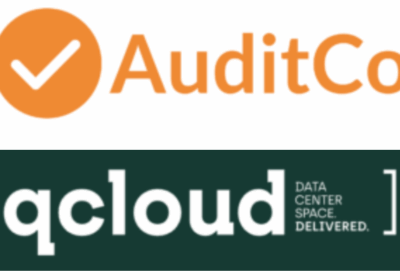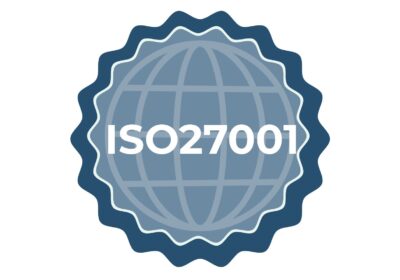Why Second-Party Audits are Essential for Supply Chain Integrity

In today’s interconnected and fast-moving business environment, companies are expected to uphold not only their own standards—but also ensure their suppliers are meeting them too. This is where second-party audits come in.
While first-party audits (internal) and third-party audits (independent certifications) get most of the attention, second-party audits play a crucial and strategic role in maintaining control, consistency, and compliance across the supply chain.
What is a Second-Party Audit?
A second-party audit is conducted by a company (the customer) on a supplier or vendor to evaluate their adherence to specific requirements—whether those are regulatory, contractual, or ethical. These audits are usually focused on quality assurance, sustainability practices, safety standards, or industry-specific protocols.
Unlike third-party audits, which are objective and externally certified, second-party audits are customised to the auditing organisation’s own priorities and standards.
Why Second-Party Audits Matter
🔍 Increased Supply Chain Visibility
Understanding exactly how your suppliers operate—across quality, safety, and ethics—helps you mitigate risk and make informed decisions.
🤝 Strengthened Supplier Relationships
Audits create a dialogue with suppliers, encouraging transparency and accountability. This fosters collaboration and long-term partnerships.
✅ Assurance of Standards & Expectations
Second-party audits ensure suppliers aren’t just meeting general industry requirements, but your specific expectations—whether related to materials, labour practices, or environmental performance.
🔒 Risk Mitigation & Compliance
Proactively identifying non-compliance or potential issues helps avoid costly disruptions, regulatory penalties, and reputational damage.
Business Benefits of Second-Party Audits
- Quality Control – Maintain consistent product and service standards across all suppliers.
- Brand Protection – Ensure your suppliers align with your brand values, especially in areas like ESG and ethics.
- Operational Efficiency – Address gaps and inefficiencies in supplier processes before they impact your operations.
- Strategic Advantage – Companies with strong, transparent supply chains are more resilient and competitive.
Best Practices for Conducting Second-Party Audits
- Develop Clear Criteria – Outline what you expect from your suppliers in detail.
- Schedule Regular Reviews – Don’t wait for problems to arise. Plan proactive audits across your supplier base.
- Use Skilled Auditors – Whether in-house or external, ensure auditors are trained in your standards and industry context.
- Collaborate, Don’t Just Police – Use audits as opportunities for improvement and relationship-building, not just inspection.
- Track and Act – Document findings, monitor corrective actions, and follow up consistently.
If your business relies on a network of suppliers, second-party audits are not just helpful—they’re essential. They give you the confidence and control needed to protect your operations, your customers, and your brand.

Call to Action
At Auditco Australia, we work with businesses to design and conduct second-party audit programs that align with their values and strategic goals. Let us help you build a more resilient, transparent, and high-performing supply chain.
📩 Get in touch today to learn more about our second-party audit services.
📞 Call 1300 706 491 or email info@auditco.com.au
Why Second-Party Audits are Essential for Supply Chain Integrity



